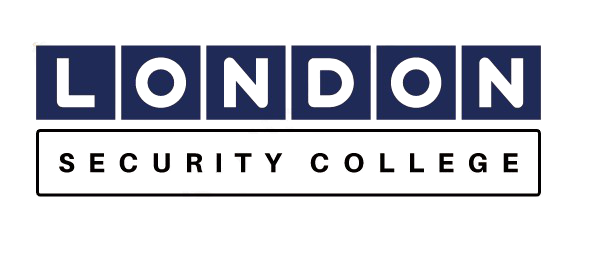Licensing Laws For Security Officers
What is Licensing laws for security officers?
In the UK, security officers who work in certain roles, such as door supervisors, must be licensed by the Security Industry Authority (SIA). The SIA is a government organization responsible for regulating the private security industry in the UK, and licensing is one of the ways in which they ensure that individuals working in the industry are qualified and competent.
To obtain an SIA license, security officers must undergo training and meet certain criteria, including having a clean criminal record and being able to demonstrate a certain level of knowledge and understanding of relevant laws and regulations.
The licensing laws for security officers in the UK are set out in the Private Security Industry Act 2001. The Act established the SIA and gave them the power to regulate the private security industry, including setting standards for licensing and training.
Under the Act, it is an offence for an individual to work in a licensable security role without an SIA license. The penalties for working without a license can include fines and imprisonment. Employers who hire unlicensed security officers can also face penalties, including fines and loss of reputation.
Overall, the licensing laws for security officers in the UK aim to ensure that the private security industry is regulated and that security officers are qualified and competent to carry out their duties. This helps to ensure the safety and security of individuals and properties in the UK.
What are Licensing objectives for security officers?
In the UK, the Security Industry Authority (SIA) requires security officers to adhere to four licensing objectives. These objectives are established to promote the highest standards of professionalism, competence, and ethical behavior in the private security industry. The four licensing objectives are:
Public safety: This objective is focused on ensuring that security officers are properly trained to protect members of the public from harm or injury. Security officers must be trained in conflict resolution, crowd management, and emergency response to ensure the safety of those they are responsible for protecting.
Crime prevention: The second objective is focused on the prevention of criminal activity. Security officers must be trained to detect and deter criminal activity, and to act quickly and appropriately when crimes occur.
Public order: Security officers must be trained to maintain public order, to prevent disturbances or breaches of the peace, and to act appropriately when incidents occur.
Protection of property: The final objective is focused on ensuring that security officers are trained to protect property from damage or theft. Security officers must be trained in access control, surveillance, and loss prevention to minimize the risk of property damage or theft.
By adhering to these licensing objectives, security officers can help promote the highest standards of professionalism and competence in the private security industry. This not only ensures the safety and security of individuals and properties but also helps to enhance the reputation of the private security industry as a whole.
What will be Licensable activities for security officers?
In the UK, security officers are required to hold a license from the Security Industry Authority (SIA) if they engage in certain licensable activities. These activities include:
Manned guarding: This includes guarding premises or property, such as retail stores, office buildings, or construction sites. Security officers who provide manned guarding services must be licensed by the SIA.
Door supervision: This includes providing security services in bars, nightclubs, and other licensed premises. Door supervisors must be licensed by the SIA and must be trained to deal with incidents such as crowd control, conflict resolution, and emergency situations.
Close protection: This includes providing security services to individuals who require close protection, such as politicians, celebrities, or high-net-worth individuals. Close protection officers must be licensed by the SIA and must undergo specialized training in order to provide this service.
Public space surveillance (CCTV): This includes operating CCTV equipment in public spaces, such as town centers, shopping centers, and car parks. Security officers who operate CCTV equipment must be licensed by the SIA and must be trained in the proper use of this equipment.
Key holding and security guarding: This includes holding keys to premises and providing security services in the event of an alarm activation. Security officers who provide these services must be licensed by the SIA.
It’s important to note that security officers who engage in licensable activities without the appropriate SIA license can be subject to penalties, including fines and imprisonment. Therefore, it’s crucial that security officers ensure they are properly licensed and trained before engaging in any licensable activities.

